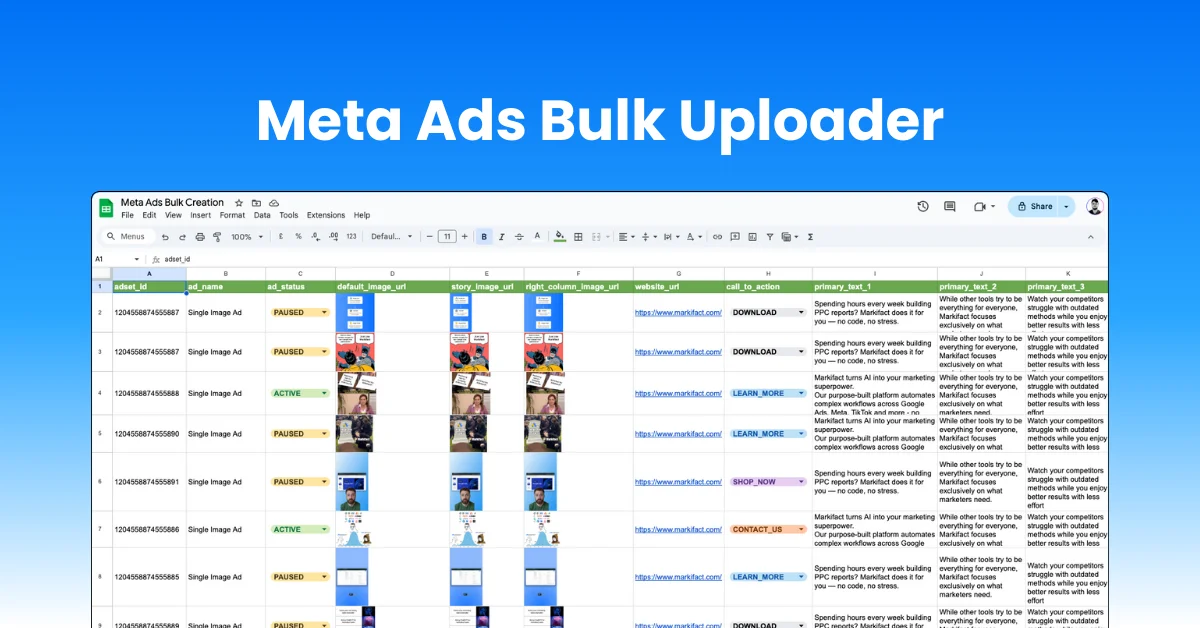Summary
In the AI era, SEOs should prioritize 'deep content', complex subjects that AI can't easily answer. This content is more likely to earn backlinks and is engaging, beneficial for user signals and Google's 'information gain'. To find 'deep' topics, exclude keywords triggering featured snippets and use tools like Keywords Explorer. The future of SEO is in creating engaging, deep content that AI can't replicate.
Deep content refers to comprehensive material that addresses complex topics which cannot be answered quickly or easily by AI. It goes beyond surface-level information to provide detailed explanations, unique insights, and practical guidance on how to perform certain tasks, such as conducting a content audit. Deep content is essential for topics that require more than just a basic understanding, and it often includes tutorials from experienced professionals, case studies, original research, or in-depth analyses.
Deep content is seen as the future of SEO for several reasons:
- AI Limitations: It answers questions that AI, like ChatGPT or Google's SGE, can't fully address, especially on complex topics that require nuanced and experienced insights.
- Backlink Acquisition: Deep content is more likely to earn backlinks because it showcases unique experiences, expertise, and data, which are valuable for other sites to reference and link to.
- Google's Preferences: Google aims to provide users with interesting and engaging content. Deep content, which is rich in information and originality, aligns with Google's goal of offering high-quality search results and may benefit from Google's mechanisms that reward 'information gain'.
By focusing on deep content, SEO professionals can create a strong SEO strategy that withstands the challenges posed by the rise of AI in search.
Finding deep topics for SEO content involves a combination of industry knowledge, common sense, and strategic keyword research. Here are some steps to identify deep topics:
- Exclude Keywords with Featured Snippets: Use tools like Keywords Explorer and apply the SERP features filter to exclude keywords that trigger featured snippets, as these are likely to be covered by AI-generated answers.
- Identify Search Intent: Utilize the 'Identify intent' button in Keywords Explorer to understand what searchers are looking for. Topics that require detailed processes, such as conducting a content audit with templates, are likely to be deep topics.
- Test with AI: Input the topic into AI tools like ChatGPT or Gemini to see what they generate. If the AI's response lacks depth, particularly in explaining the 'how', it's likely a topic that requires deep content.
Backlinks are crucial for deep content because they are still a significant ranking factor in SEO. Deep content, rich in unique experiences, expertise, and data, is more likely to attract backlinks from other reputable sites. For instance, a statistic from a study or a useful template can provide value that other sites want to cite. These backlinks signal to search engines that the content is authoritative and valuable, which can improve its ranking in search results. In contrast, shallow topics offer little to no unique information, making it difficult to earn backlinks and rank well.
Content becomes interesting and engaging when it offers 'information gain'—bringing something new, original, and valuable to the table. Google has shown interest in the originality of content and has mechanisms, such as a patented scoring system for 'information gain', to identify and potentially reward it. Moreover, engaging content can lead to better user signals, which, despite the debate in the SEO community, may indirectly influence Google's algorithms. Engaging content is more likely to be read and interacted with, which could positively impact its ability to rank.



















